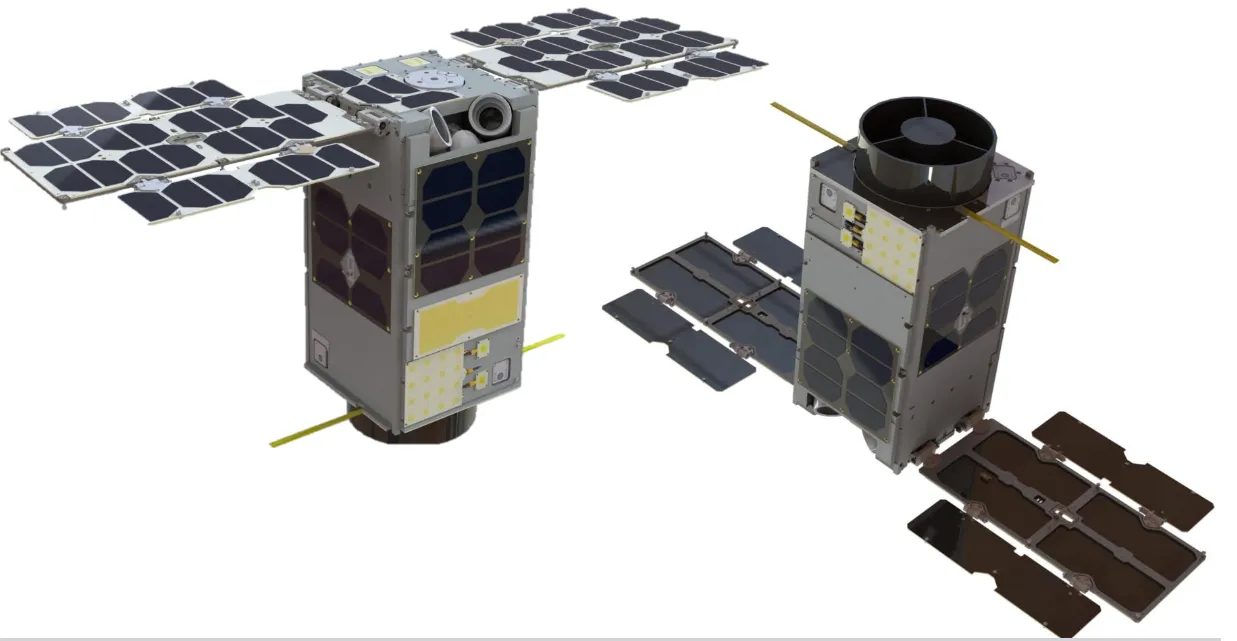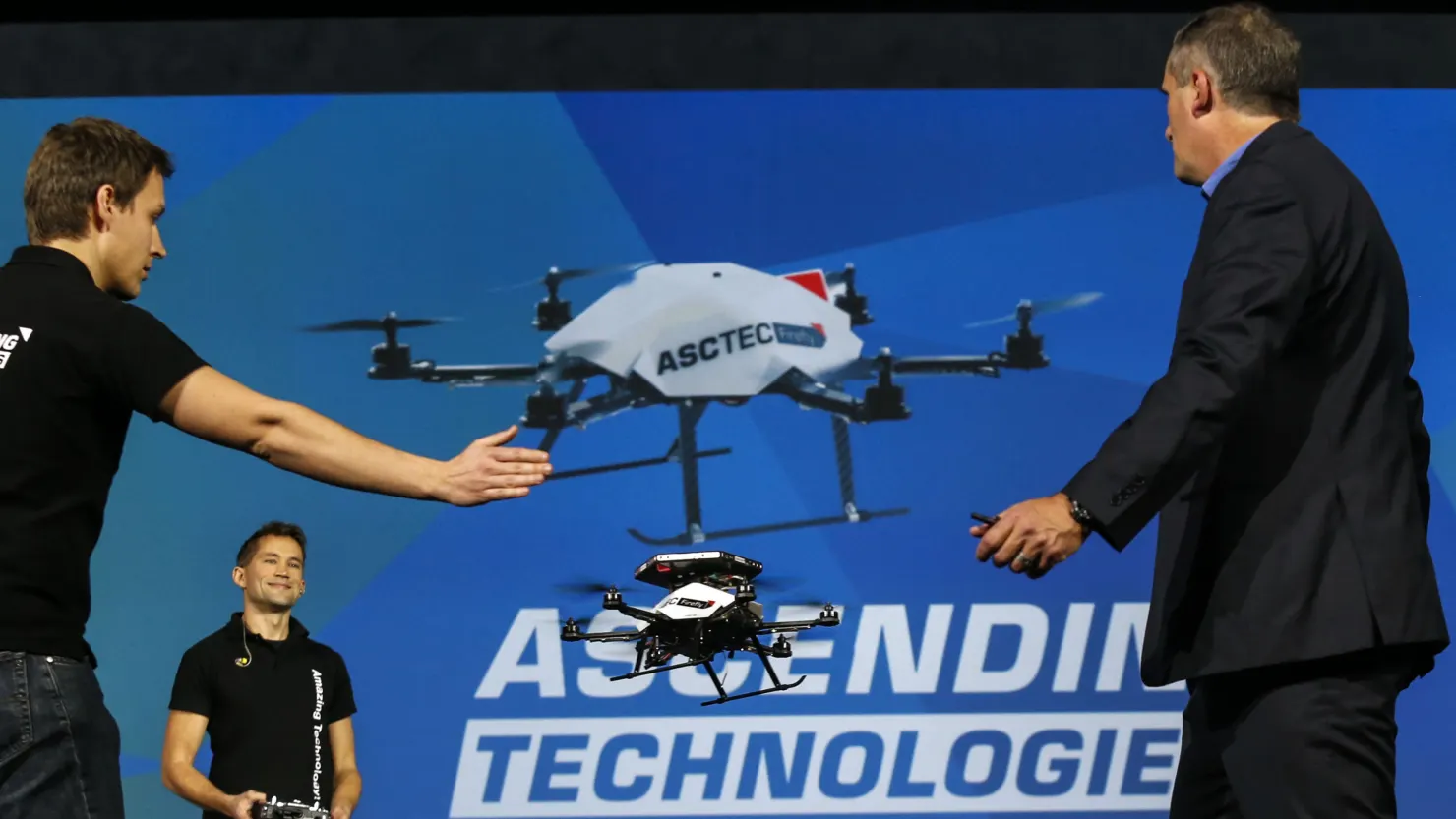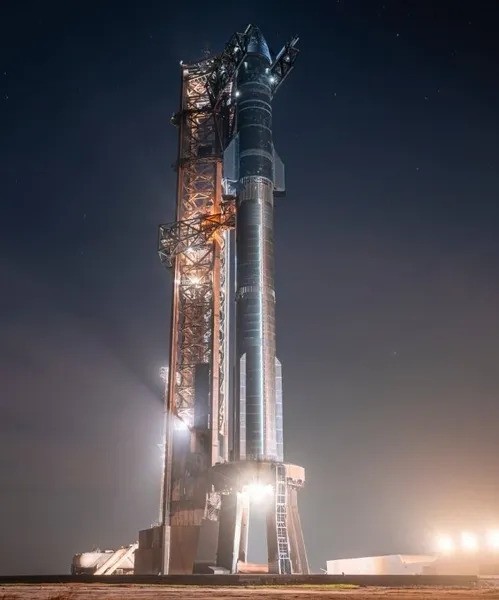The American company Varda Space announced the completion of a Series C investment round, during which it raised $ 187 million. The funding is aimed at developing new areas in the field of space biotechnology — in particular, the launch of a ground laboratory in El Segundo (California) with an area of 929 square meters, which will become a base for preparing the orbital production of medicines.
The main task of the laboratory will be to develop conditions for the crystallization of biological preparations in microgravity. The focus is on molecules of proteins, antibodies, and other complex biological compounds whose physicochemical properties can be optimized with minimal exposure to gravity. This opens up fundamentally new opportunities for creating high-purity, heat-resistant and stable drugs with improved pharmacological characteristics.
Cosmic crystallization of protein structures has long been considered as a promising area of pharmaceutical science. Microgravity conditions make it possible to avoid the formation of defects and irregularities in the molecular lattice, which is critical for biologics that require a high degree of purity and structural ordering. Previously, such experiments were isolated and, as a rule, limited to government programs, but Varda plans to scale the process to the level of industrial production.
According to the company's co-founder Delian Asparoukhov, the ground-based laboratory will be engaged in " pre-flight preparation” for orbital crystallization. Scientists will select the environment parameters, temperature, chemical composition and viscosity of solutions to minimize the risk of launch failure and increase the efficiency of space bioreactors. This work is particularly important in the context of partnership agreements with leading global pharmaceutical companies that are already interested in Varda's technological solutions.
The company's strategy is based not only on production, but also on the creation of intellectual property. Technologies developed in microgravity will be issued in the form of patents and licensed to pharmaceutical partners, providing long-term revenue. Asparoukhov expects a significant increase in the number of patent applications as laboratory activities scale up.
Since 2023, Varda has conducted three successful missions, including returning samples to Earth. In 2024, four more launches are planned, two of which involve the use of devices of our own production. If earlier the company relied on Rocket Lab platforms, now it independently constructs and assembles returnable capsules. In 2025, it is planned to produce and launch four more devices, which confirms the company's commitment to vertical integration and control of all stages of the technological cycle.
In addition to the main biotechnological activities, Varda uses its capsules for other purposes. The company receives additional revenue from contracts with the US Department of Defense, providing its platforms for testing hypersonic technologies. This area allows you to reuse the infrastructure, reducing costs and increasing the investment attractiveness of the project.
The formation of a new segment of the space economy associated with high-tech production in microgravity can have a serious impact on the pharmaceutical market. Given the rapid growth of interest in biopharmaceuticals, the demand for innovative methods of drug synthesis and stabilization, as well as stricter requirements for the quality of medicines, Varda technologies can occupy a strategically important niche.
The emergence of such companies signals the transition of the space industry from the phase of technological demonstrations to the phase of an applied economy with high added value. Relying on dual-purpose infrastructure-pharmaceuticals and defense technologies - reduces technological and financial risks, as well as creates a sustainable revenue model based on international contracts, licensing, and direct deliveries of finished products.
The $ 187 million funding confirms the interest of institutional investors in commercializing orbital production. In the face of global competition in the pharmaceutical industry and the need to accelerate the development of new medicines, such investments pave the way for the creation of a full-fledged orbital industry, where the boundaries between science, space and medicine are increasingly blurred.













